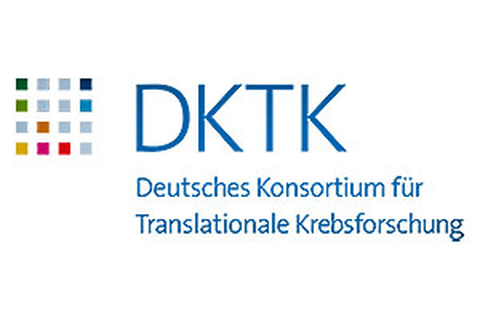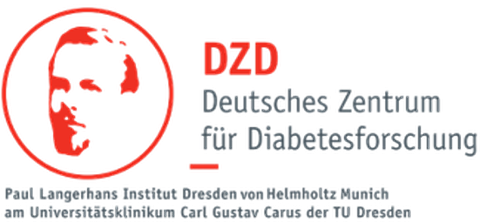Dresden as Partner Location for German Centers for Health Research
Creating optimal research conditions to better combat widespread diseases - that is the goal of the German Centers for Health Research (DZG), which are funded by the Federal Ministry of Research, Technology, and Space (BMFTR) and the federal states. Each center consists of several partner locations spread across Germany. The eight DZG are intended in particular to optimize the translation process.
DZG with Partner Location in Dresden
Within the German Consortium for Translational Cancer Research (DKTK), the Dresden partner site is dedicated to improving radiation oncology treatment in the sense of personalized and technically optimized cancer medicine. The focus in Dresden is on high-precision radiation therapy with an emphasis on particle therapy. Proton therapy is also used as one of the most important techniques for innovative combination therapy in cancer treatment. Imaging techniques and radiation-specific biomarkers are combined to achieve personalized cancer treatment.
The brain changes throughout life. Its structure and function are directly related. This reciprocal relationship is called plasticity. Scientists at the German Center for Neurodegenerative Diseases at the partner site in Dresden are researching the underlying processes in the adult and aging human brain. They are investigating the role of plasticity when the brain's ability to compensate becomes particularly important in the face of pathological nerve cell degeneration. The results obtained from this research will contribute to the development of preventive measures and treatments for neurodegenerative diseases.
The Paul Langerhans Institute Dresden (PLID) is a partner of the German Center for Diabetes Research (DZD). Its mission is to protect and restore the insulin-producing beta cells of the pancreas in order to prevent and cure diabetes mellitus. Research into the underlying mechanisms and a better understanding of them helps scientists to develop new therapeutic approaches. The PLID plays a prominent role as the only German transplant center for human pancreatic islet cells.
The Leipzig/Dresden site of the German Center for Child and Adolescent Health, which is currently under construction, stands for expertise in the fields of epidemiology, environmental research, immunology, infectious diseases, obesity, and mental health. The aim of the Leipzig/Dresden site is to understand and promote the conditions necessary for children and adolescents to grow up and develop healthily. Using an integrative and interdisciplinary approach, we develop innovative solutions for the detection, prevention, intervention, and monitoring of deviations from typical development in children and adolescents and the emergence of environmentally-related diseases.
Dresden as Satellite Site of the German Cancer Research Center
The German Cancer Research Center (DKFZ), the largest biomedical research institution in Germany, is part of the Helmholtz Association and the German Centers for Health Research.
As the location of the National Center for Tumor Diseases (NCT), Dresden has set itself the task of linking research and patient care as closely as possible. Doctors and scientists here pursue the common goal of offering cancer patients customized diagnostics and therapy based on the latest scientific findings. The NCT/UCC Dresden is supported by the DKFZ Heidelberg, the Medical Faculty of the Technical University of Dresden, the Carl Gustav Carus University Hospital Dresden, and the Helmholtz Center Dresden-Rossendorf.
The DKFZ site in Dresden is a center for innovative basic research in the fight against cancer. With the help of smart technologies, robotics, artificial intelligence (AI), and data science, pioneering treatment options are being developed here. The focus is on interdisciplinary collaboration: scientists from biology, chemistry, computer science, materials science, and other disciplines work hand in hand to create new approaches to the diagnosis, prevention, and treatment of cancer.





